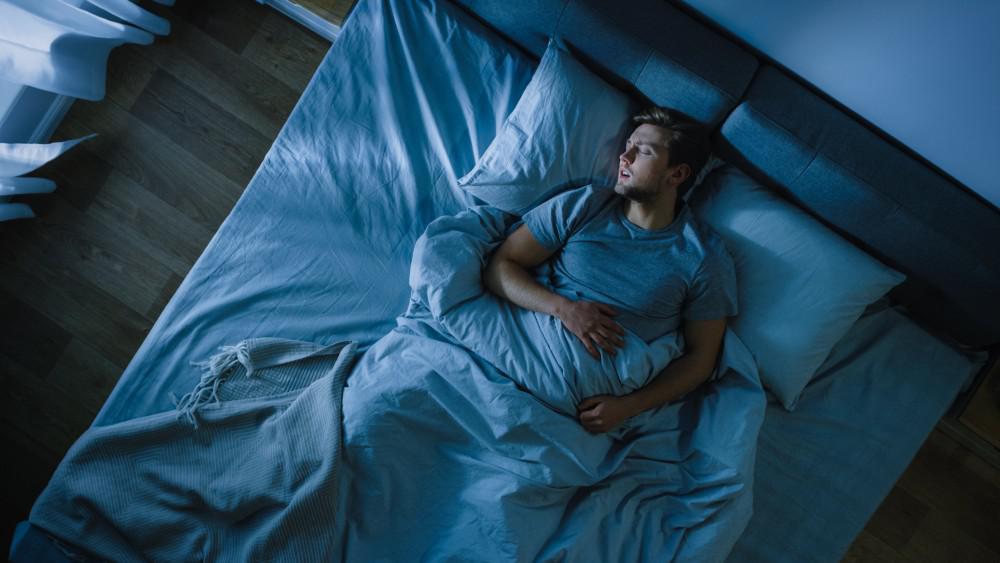
Everything You Should Know About Sleep and Pain
Whether we like it or not, our bodies need sleep. Sleep is when our bodies are best able to repair and restore tissues, regulate hormone levels, and support brain function. Unfortunately, this sleep that is needed in order to heal is easily disrupted but the very thing it helps to reduce and correct.
Our circadian rhythm, or “internal clock” regulates the function of our cells and system as a whole. And while circadian rhythms can vary a bit from person to person, they do tend to stick to similar cycles throughout the day. They help us wake up in the morning, and fall asleep in the evenings. When our circadian rhythm is off, it can trigger risks for a variety of conditions including cancer, depression, heart attacks, and obesity. It can also impede motor function and decrease mental focus, leading to things like auto accidents, mistakes during routine activities, and so forth.
So how does this relate to pain?
As supported by research, sleep is known to be an effective painkiller. While this can be good news for people with chronic pain, the difficulty lies in being able to fall and stay asleep. It’s common for chronic pain sufferers to have trouble achieving high-quality sleep. There are things that you can do to help improve your sleep though.
Practice breathing exercises. Slow, rhythmic breaths can help your mind and body to relax, which can help you to fall asleep faster. You might also enjoy decreased anxiety as a result of breathing exercises.
Take a leisurely evening walk. An evening stroll is a great way to loosen tension and clear your mind. The goal here is to relax, so take it at an easy pace.
Stretch. Stretching is beneficial no matter what time it is, and in the evening it can release tension that might have built up throughout the day.
Improve or replace your mattress. Investing in a good mattress can do a long way when it comes to restful sleep. If your mattress is too soft, you might need to switch to a medium-firm one in order to support your back and hips.
Try a different sleeping position. Sleeping on your back with your legs elevated can help reduce tension on your lower back, but avoid sleeping on your stomach if possible.
Consider natural sleep aids. There are a variety of supplements and natural herbs that have helped many patients get to sleep faster. Some of these include chamomile, cherry extract, valerian root, melatonin, magnesium, and zinc. If you are on other medications, it’s a good idea to check with your doctor for possible interactions.
If you are having difficulty sleeping, be sure to communicate that to your doctor. Sleep is an important part of your health, and your doctor can help you if other methods don’t seem to work with you. You can also call us at (706) 286-8344.


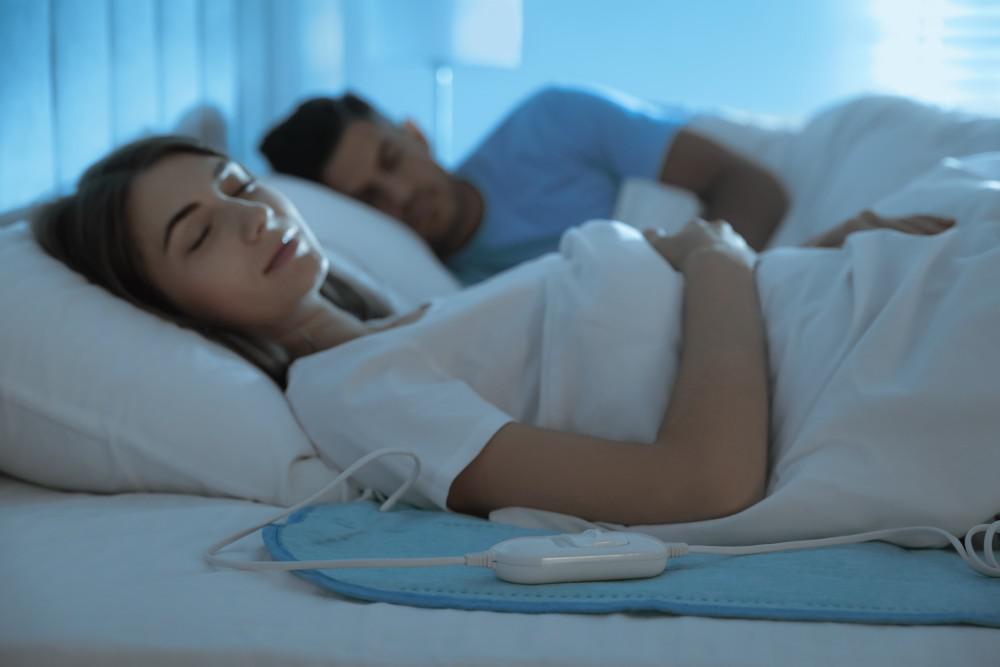

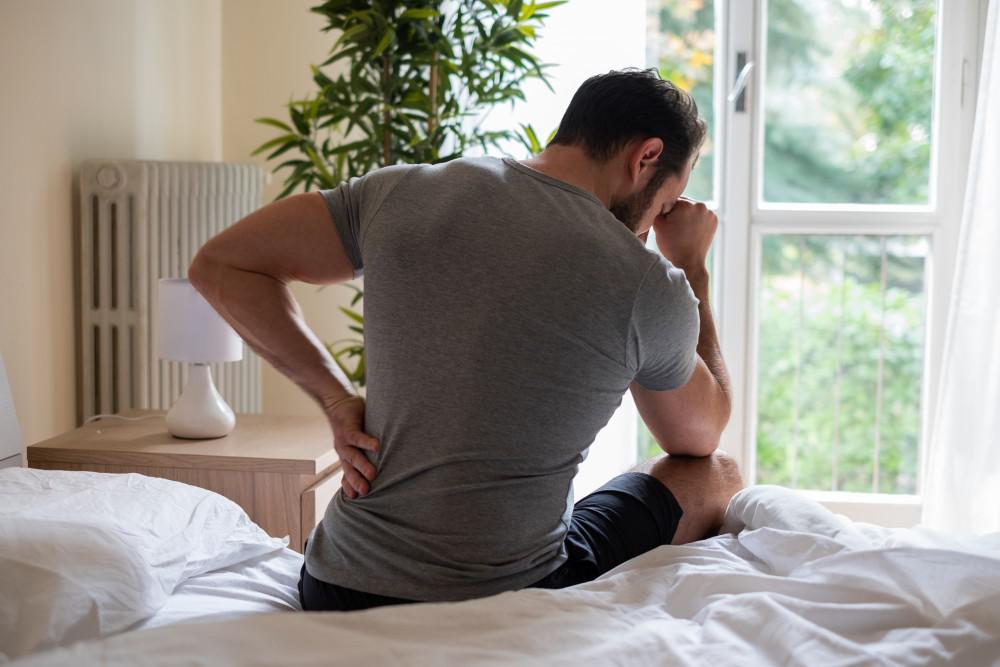
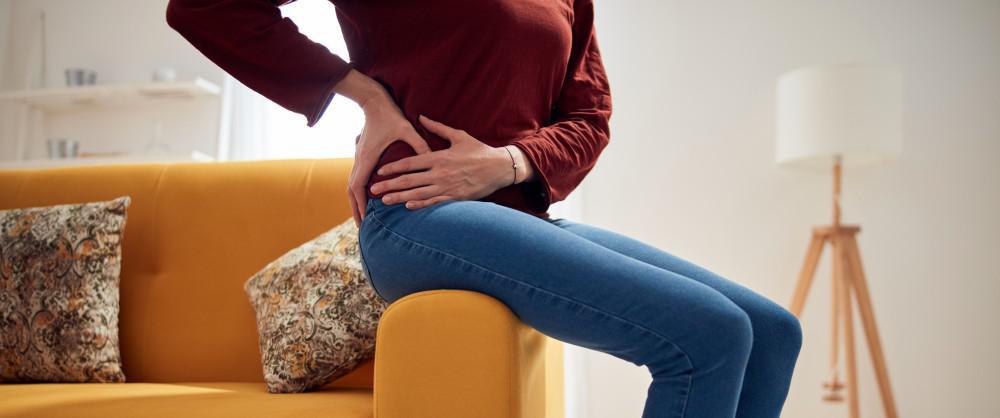

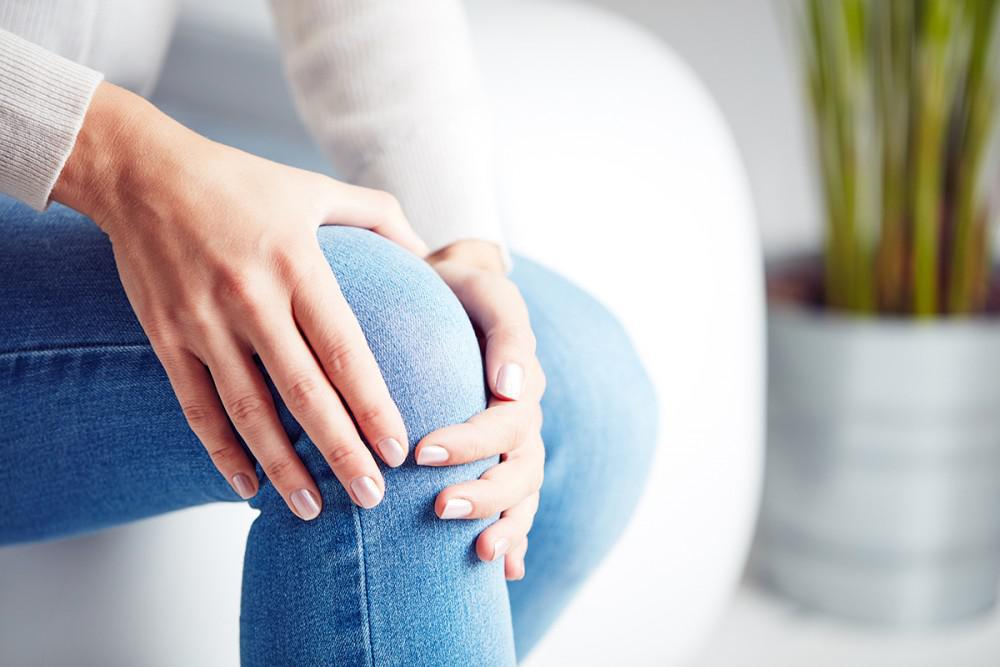


Related Posts